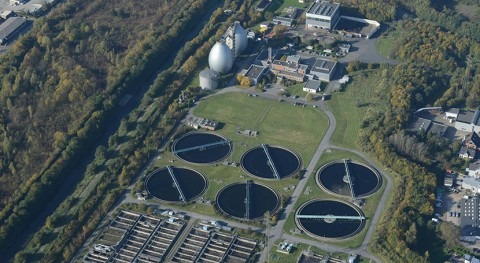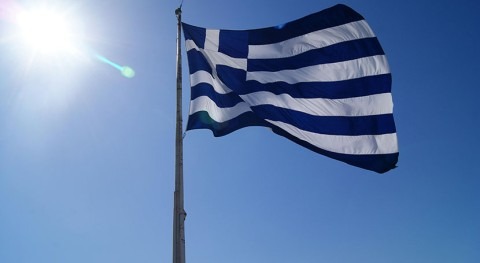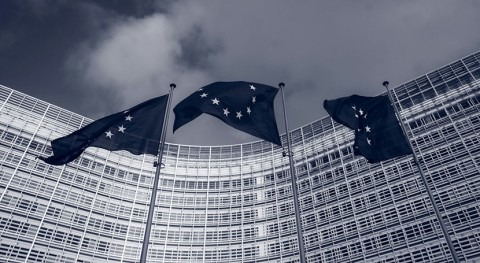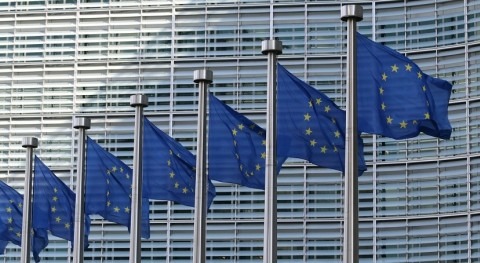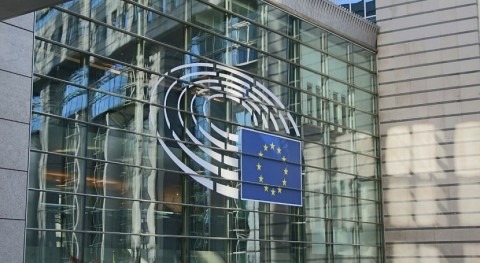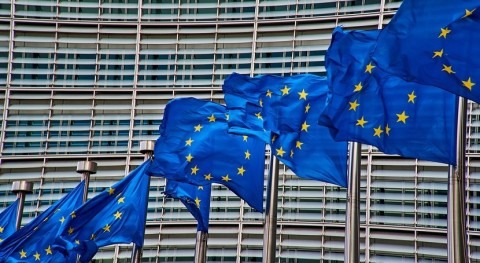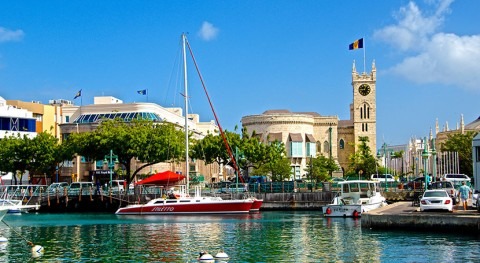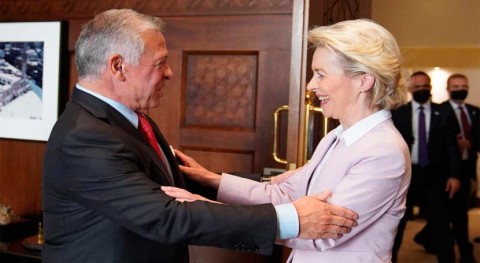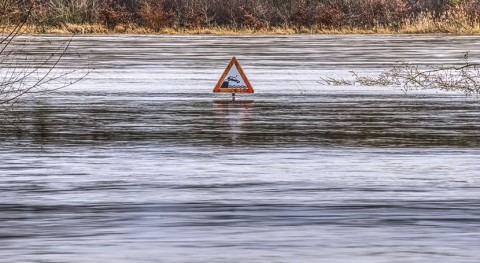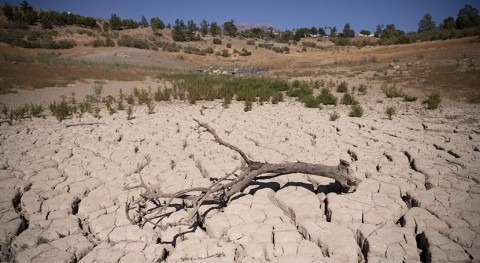The European Commission presented The European Green Deal – a roadmap for making the EU's economy sustainable by turning climate and environmental challenges into opportunities across all policy areas and making the transition just and inclusive for all.
President Ursula von der Leyen said: ‘The European Green Deal is our new growth strategy – for a growth that gives back more than it takes away. It shows how to transform our way of living and working, of producing and consuming so that we live healthier and make our businesses innovative. We can all be involved in the transition and we can all benefit from the opportunities. We will help our economy to be a global leader by moving first and moving fast. We are determined to succeed for the sake of this planet and life on it – for Europe's natural heritage, for biodiversity, for our forests and our seas. By showing the rest of the world how to be sustainable and competitive, we can convince other countries to move with us.'
Executive Vice-President Frans Timmermans added ‘We are in a climate and environmental emergency. The European Green Deal is an opportunity to improve the health and well-being of our people by transforming our economic model. Our plan sets out how to cut emissions, restore the health of our natural environment, protect our wildlife, create new economic opportunities, and improve the quality of life of our citizens. We all have an important part to play and every industry and country will be part of this transformation. Moreover, our responsibility is to make sure that this transition is a just transition, and that nobody is left behind as we deliver the European Green Deal.'
The European Green Deal provides a roadmap with actions to boost the efficient use of resources by moving to a clean, circular economy and stop climate change, revert biodiversity loss and cut pollution. It outlines investments needed and financing tools available, and explains how to ensure a just and inclusive transition.
The European Green Deal covers all sectors of the economy, notably transport, energy, agriculture, buildings, and industries such as steel, cement, ICT, textiles and chemicals.
The European Green Deal provides a roadmap with actions to boost the efficient use of resources by moving to a clean, circular economy and stop climate change
To set into legislation the political ambition of being the world's first climate neutral continent by 2050, the Commission will present within 100 days the first ‘European Climate Law'. To reach our climate and environmental ambition, the Commission will also present the Biodiversity Strategy for 2030, the new Industrial Strategy and Circular Economy Action Plan, the Farm to Fork Strategy for sustainable food and proposals for pollution-free Europe. Work will immediately start for upping Europe's 2030 emissions targets, setting a realistic path to the 2050 goal.
Meeting the objectives of the European Green Deal will require significant investment. Achieving the current 2030 climate and energy targets is estimated to require €260 billion of additional annual investment, representing about 1.5% of 2018 GDP. This investment will need the mobilisation ofthe public and private sectors. The Commission will present in early 2020 a Sustainable Europe Investment Plan to help meet investment needs. At least 25% of the EU's long-term budget should be dedicated to climate action, and the European Investment Bank, Europe's climate bank, will provide further support. For the private sector to contribute to financing the green transition, the Commission will present a Green Financing Strategy in 2020.
Fighting climate change and environmental degradation is a common endeavour but not all regions and Member States start from the same point. A Just Transition Mechanism will support those regions that rely heavily on very carbon intensive activities. It will support the citizens most vulnerable to the transition, providing access to reskilling programmes and employment opportunities in new economic sectors.
In March 2020, the Commission will launch a ‘Climate Pact' to give citizens a voice and role in designing new actions, sharing information, launching grassroots activities and show-casing solutions that others can follow.
The global challenges of climate change and environmental degradation require a global response. The EU will continue to promote its environmental goals and standards in the UN's Biodiversity and Climate Conventions and reinforce its green diplomacy. The G7, G20, international conventions, and bilateral relationships will be used to persuade others to step up their efforts. The EU will also use trade policy to ensure sustainability and it will build partnerships with its neighbours in the Balkans and Africa to help them with their own transitions.





